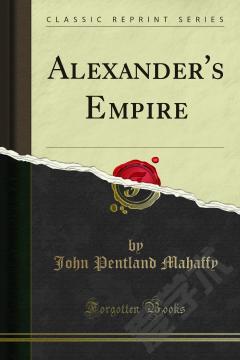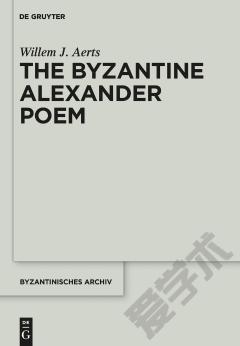The Persian Alexander
Alexander the Great (356-333 BC) was to capture the imagination of his contemporaries and future generations. His image abounds in various cultures and literatures - Eastern and Western - and spread around the globe through oral and literary media at an astonishilate antiquity and the early Islamic period. The first Iskandarnama, or 'The Book of Alexander', now held in a private collection in Tehran, is the oldest prose version of the Alexander romance in the Persian tradition. Thought to have been written at some point between the eleventh and fourteenth centuries by an unknown author, the lively narrative recasts Alexander as Iskandar, a Muslim champion - a king and prophet, albeit flawed but heroic, and remarkably appropriated to Islam, though the historic Alexander lived and died some 1,000 years before the birth of the faith. This new English translation of the under-studifirst to be presented unabridged and sheds fresh light onto the shape and structure of this vital document.In so doing it invites a reconsideration of the transformation of a Western historical figure - and one-time mortal enemy of Persia - into a legendary hero adopted by Iranian historiographic myth-making.Evangelos Venetis, the translatoa textual analysis, providing much-needed context and explanations on both content and subsequent reception. This landmark publication will be invaluable to students and scholars of classical Persian literature, ancient and medieval history and Middle East studies, as well as to anyone studying the Alexander tradition.
{{comment.content}}








 京公网安备 11010802027623号
京公网安备 11010802027623号